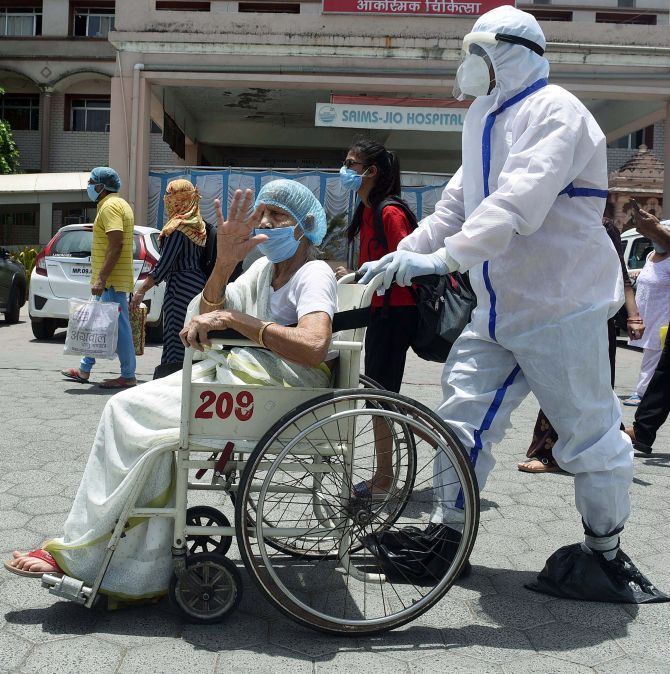 | « Back to article | Print this article |
Lower levels of ACE2 gene expression in nasal epithelium, the first point of contact for SARS-CoV-2 and the human body, may explain why children have a lower risk of Covid-19 infection and mortality,
according to a study.

The SARS-CoV-2 virus uses ACE2 to enter the host. ACE2 nasal gene expression could potentially be used as a biomarker to evaluate Covid-19 susceptibility, said the researchers from Icahn School of Medicine at Mount Sinai in the US.
The study, published in the journal JAMA, analysed 305 patients aged four to 60 years at the Mount Sinai Health System in New York.
The researchers found that ACE2 gene expression in nasal epithelium was lowest in younger children and increased with age.
These findings could help explain why children appear to be less susceptible to Covid-19 infection, they said.
The researchers said the results may point to a potential biomarker of Covid-19 susceptibility.
Prospective studies are needed to assess the degree to which ACE2 expression can be used as a biomarker for COVID-19 susceptibility, they said.
"Why children get COVID-19 less than adults has been a puzzle. Researchers have hypothesised that lower expression of ACE2, which the SARS-Cov-2 virus uses to enter our bodies, might explain why
children are less likely to get COVID-19," said Supinda Bunyavanich of Icahn School of Medicine at Mount Sinai.
"Our study shows that ACE2 expression in the nasal epithelium is lowest in younger children and increases with age into adulthood," said Bunyavanich.
The results may help explain why children account for less than two per cent of identified cases of Covid-19, the researchers added.